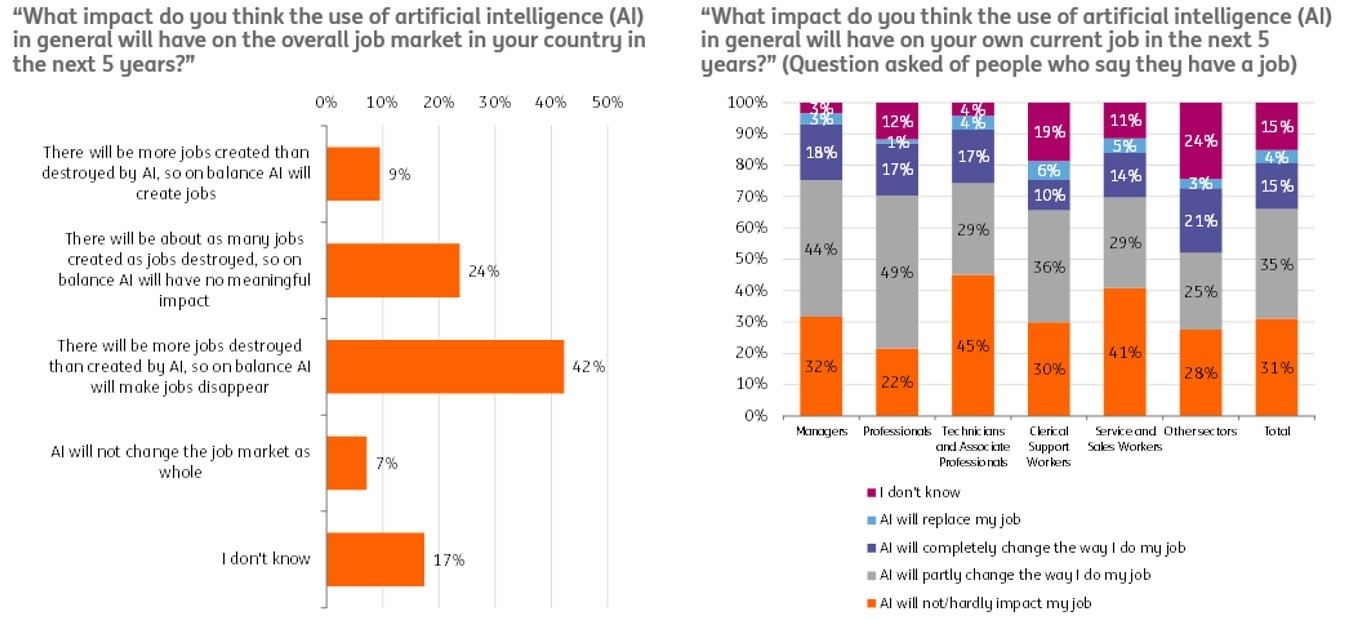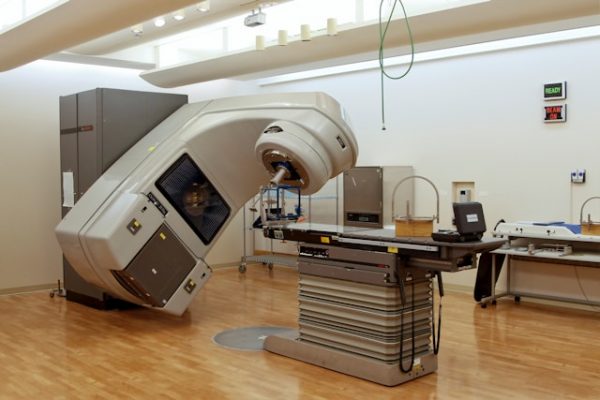Artificial intelligence (AI) is rapidly transforming industries and, consequently, the job market. While some fear widespread job displacement, the reality is more nuanced. AI will undoubtedly automate certain tasks, leading to the decline of some professions, but it will also create new opportunities and reshape existing roles. This article explores the potential impact of AI on the job market, highlighting professions at risk and those poised to emerge.
Professions Under Threat
Jobs involving repetitive, routine tasks are most susceptible to automation. Think data entry, basic customer service, and some manufacturing roles. Here are some specific examples:
- Telemarketers: AI-powered chatbots and automated calling systems can handle many customer interactions, reducing the need for human telemarketers.
- Data Entry Clerks: AI algorithms can process and organize data much faster and more accurately than humans.
- Truck Drivers: Self-driving technology is advancing rapidly, posing a potential threat to long-haul trucking jobs in the future.
- Manufacturing Assembly Line Workers: Robots are increasingly used for repetitive assembly tasks, potentially displacing human workers.
- Cashiers: Self-checkout kiosks and mobile payment systems are already reducing the demand for cashiers.
It’s important to note that “threatened” doesn’t necessarily mean “doomed.” Many of these roles will likely evolve, requiring workers to adapt and acquire new skills to work alongside AI systems.
Emerging Professions
While AI may displace some jobs, it also creates new ones. These emerging professions will focus on developing, implementing, and managing AI systems, as well as addressing the ethical and societal implications of this technology. Here are a few examples:
- AI Trainers: These professionals will teach AI systems to perform specific tasks, ensuring accuracy and efficiency. They’ll need expertise in machine learning, data analysis, and the specific domain the AI is being applied to (e.g., healthcare, finance).
- AI Ethicists: As AI becomes more integrated into our lives, ethical considerations become paramount. AI ethicists will develop guidelines and frameworks to ensure responsible AI development and deployment, addressing issues like bias, fairness, and privacy.
- Data Scientists: The increasing reliance on data makes data scientists crucial for analyzing large datasets, identifying trends, and building predictive models. This demand will only grow with the rise of AI.
- Robotics Engineers: Designing, building, and maintaining robots will be in high demand as automation increases across various industries.
- AI-Assisted Healthcare Professionals: While AI may automate some healthcare tasks, it will also create opportunities for professionals who can leverage AI tools to enhance patient care, such as AI-powered diagnostic tools and personalized treatment plans.
Adapting to the Changing Landscape
The key to navigating the changing job market is adaptability and continuous learning. Focusing on developing skills that are difficult to automate, such as creativity, critical thinking, complex problem-solving, and emotional intelligence, will be essential. Additionally, embracing lifelong learning and acquiring new skills related to AI and related technologies will open up new career opportunities.
The Future of Work
The future of work in the age of AI isn’t about humans vs. machines, but humans with machines. AI will augment human capabilities, allowing us to focus on more complex and creative tasks. While the transition may be challenging for some, it also presents an opportunity to create a more productive and fulfilling work environment for everyone.





